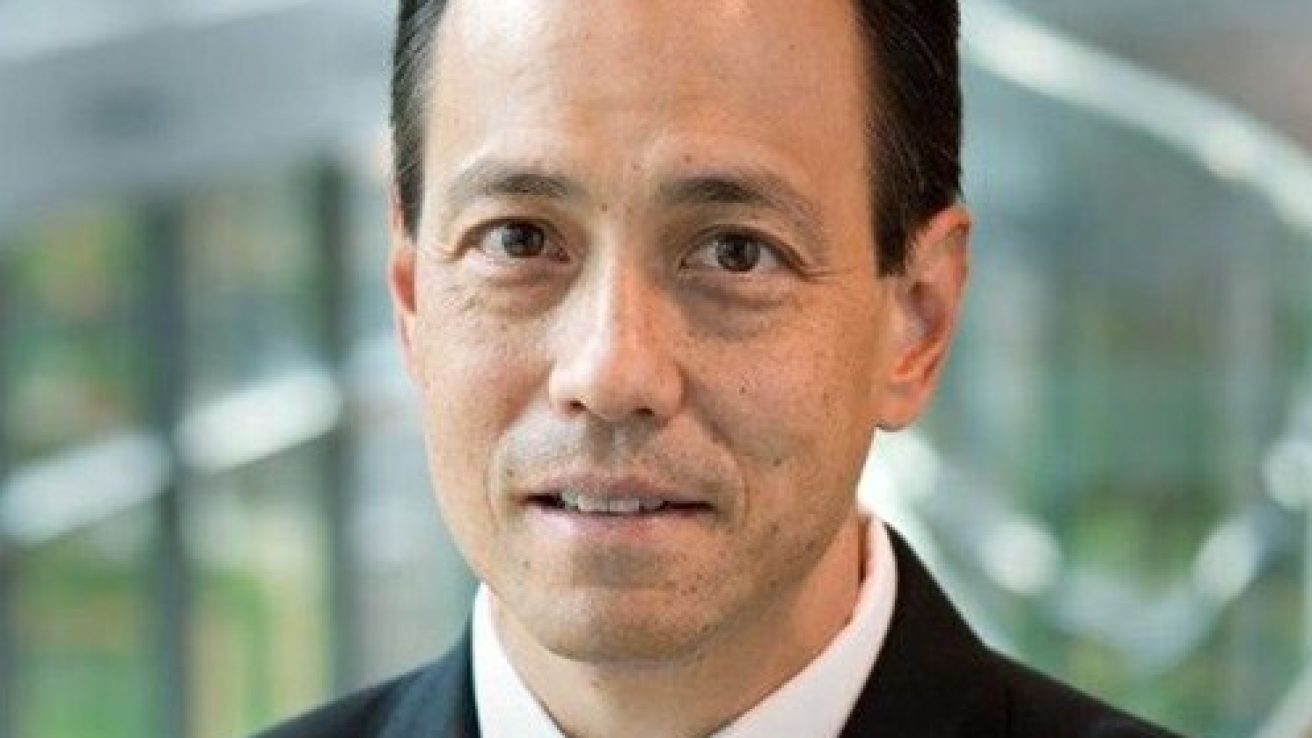In this MD Newsline exclusive interview with Dr. Tom Shimabukuro of the CDC’s Immunization Safety Office, we discuss the safety of the COVID-19 vaccines, and where to turn to learn more about vaccine safety.
MD Newsline:
What have you learned about the safety of the COVID-19 vaccines?
Dr. Tom Shimabukuro:
“We know a lot about the safety of these vaccines. More than 450 million doses of COVID-19 vaccines have been administered in the United States, and around 200 million Americans are now fully vaccinated.
The most common side effects that people experience are local reactions, like soreness, redness, and swelling at the injection site, and systemic reactions like fever, headache, fatigue, muscle aches, and chills. These are common side effects that are generally mild and generally resolve within a few days.
More serious adverse events are rare. But, people can have allergic reactions and anaphylaxis after the COVID-19 vaccine or any vaccine or medication. A very rare condition known as thrombosis with thrombocytopenia syndrome has been observed after the Johnson & Johnson vaccine and the AstraZeneca vaccine, which are both adenovirus vector vaccines. But, again, this condition, although serious, is quite rare.
We’ve also observed myocarditis after the Pfizer/BioNTech and Moderna vaccines, which are both mRNA vaccines. These cases of myocarditis have mostly occurred in adolescents and young adults, males, and after dose two. The onset usually occurs within several days after vaccination, and most of these cases occur within a week. These myocarditis cases have generally been mild, patients have recovered and done well, and the CDC is looking at longer-term outcomes.
I think if individuals complain of chest pain and have recently received an mRNA vaccine, it’s important to keep myocarditis and pericarditis in the differential.
Lastly, there is some emerging evidence of a potential risk of Guillain-Barré syndrome that has been observed after the Johnson & Johnson vaccine. Otherwise, these vaccines have a favorable safety profile, similar to what we see for other vaccines that are routinely administered in the United States.”
MD Newsline:
Is there anything else you would like to speak on that we have not already covered?
Dr. Tom Shimabukuro:
“If patients or parents have concerns about vaccines and vaccine safety, the best person to talk to is the healthcare provider, whether that’s your doctor or your child’s doctor, or whoever is in the vaccination clinic. The healthcare provider is the best and most trusted source of information about vaccines and vaccine safety.”
Responses have been condensed and lightly edited.








